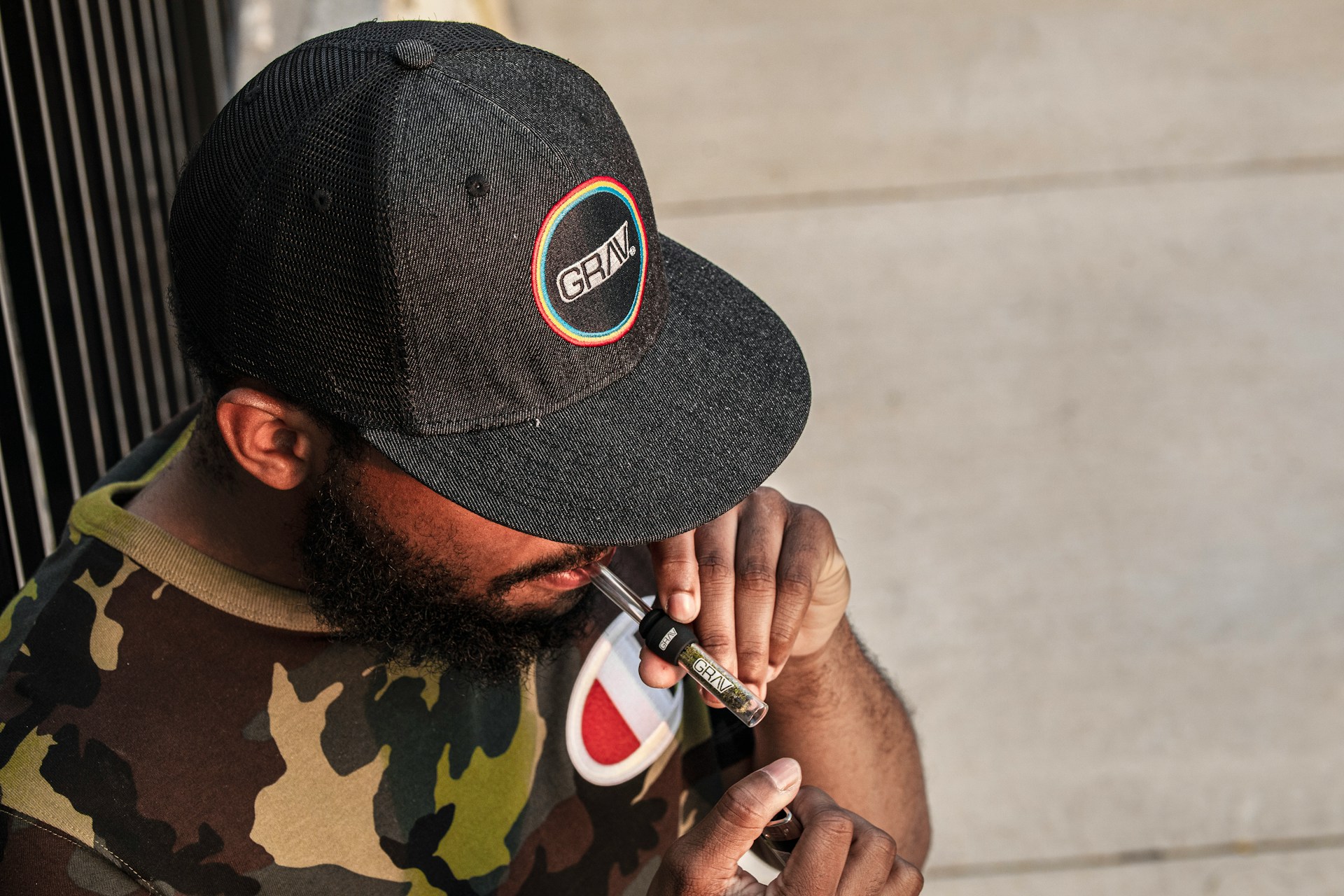In a significant policy reversal, Oregon has decided to recriminalize the possession of hard drugs, effectively ending its bold experiment with drug decriminalization that began in 2020. This decision marks a return to traditional law enforcement methods after the state initially opted to treat drug possession as a public health issue rather than a criminal one.
The change comes amid increasing concerns about the effectiveness of the decriminalization approach, particularly in the face of a rising fentanyl crisis. When Oregon first decriminalized the possession of small amounts of drugs like heroin, meth, and fentanyl, it was hailed as a progressive step aimed at reducing the incarceration rates for nonviolent drug offenses. Instead of jail time, offenders were subjected to fines and encouraged to seek treatment, funded by taxes from the state’s legalized cannabis industry.
However, the anticipated improvements in addiction services were slow to materialize. State auditors found that the rollout of addiction treatment programs was hampered by delays and complications, leaving many without the necessary support. Meanwhile, the public perception of rising drug use and its impact on communities contributed to a growing unease about the decriminalization policy.
The new law, passed by a Democratic-controlled Legislature with support from Republican lawmakers, reintroduces criminal penalties for drug possession, making it a misdemeanor punishable by up to six months in jail. This shift aims to provide law enforcement with better tools to address public drug use and introduce harsher penalties for drug-related activities near sensitive areas like schools and parks.
Public reaction to this policy shift has been mixed. Supporters of decriminalization argue that the original approach could have succeeded if given more time and resources for treatment programs. They warn that recriminalization might undo the progress made in treating addiction as a health issue rather than a criminal one. Critics of decriminalization, however, point to the spike in overdoses and community concerns as justification for the change, suggesting that a tougher stance on drug possession is necessary to curb the problem.
For addiction treatment and law enforcement, the implications are profound. Treatment advocates fear that the return to criminalization will discourage addicts from seeking help, while law enforcement sees it as a necessary tool to manage drug-related issues more effectively. Police, for their part, have expressed concern about the complexity of implementing the new law, noting that the varying resources across counties could create disparities in how offenders are treated.
As Oregon navigates this policy reversal, the state stands at a crossroads in balancing public safety, effective treatment for addiction, and the broader implications for criminal justice reform. The outcome of this decision will be closely watched, both by those in favor of decriminalization and those advocating for stricter drug laws, as a bellwether for future drug policy in the United States.


Leave a Comment